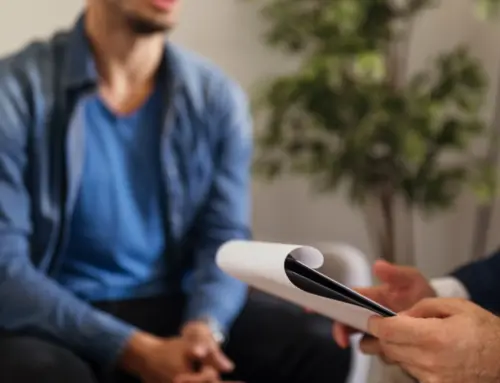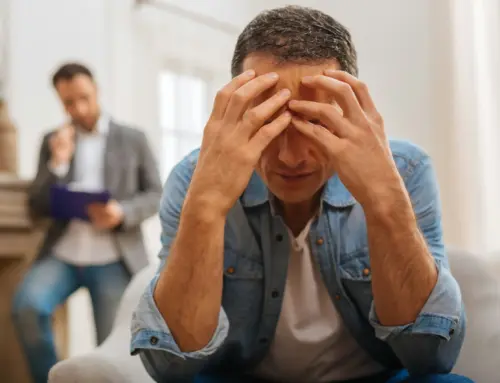There is currently an ongoing opioid epidemic occurring in the U.S with deaths increasing every day. Overdoses can be very dangerous to your body as you experience small pupils, trouble breathing, fainting, cannot respond, trouble sleeping, and a slow heartbeat. Luckily, Naloxone can act as an opioid antagonist whenever an overdose occurs but should not be used as treatment for opioid addiction.
Naloxone is a medication used to reverse the effects of an opioid overdose and should only be used if opioids are in your system. Opioid receptors are like small lights in your brain and it is the job of the antagonist to turn them off. Naloxone will prevent any other molecule from appearing and turning back on the opioid receptors. Naloxone prevent respiratory and central nervous system depression. This drug can be a single dose nasal spray that you insert into one nostril when you are lying on your back. It can also be a hand-held auto injector that you can do yourself or ask a medical professional family member, or friend to help you out. The liquid injection is normally done by emergency room doctors, paramedics, and other first responders. They inject the drug in the vein or the muscle with the effects working in minutes.
Make sure that right after you insert the drug that you call an ambulance as you will need medical care after. Tell the dispatcher as much information as possible such as where your location is, what drug that person took, and what symptoms that person is showing so that first responders can be prepared. Observe the one who overdosed constantly before the paramedics arrive to make sure their breathing does not slow down or stop.
The effects of Naloxone can work for about an hour but opioids tend to stay in your system for twelve hours. That means that after an hour, by taking additional drugs, you would be making the problem worse. Naloxone is good for those who have been taking opioids for a long time, take opioids to manage chronic pain, are in or completed a detox program, or have experienced an overdose before. The side effects of Naloxone can include restlessness, nervousness, dizziness, body aches, nausea, stomach pain, chills, or a small fever. Naloxone can help save lives for those experiencing opioid overdoses but it is still important to be medically taken care of and seek treatment.
Located in downtown Midland, The Springboard Center’s mission is to offer programs and services to treat alcohol and drug addiction treatment using an evidence based curriculum, 12 step programs, diet, nutrition, exercise, emotional, mental and spiritual development for a long recovery. For more information, please call us at 432-620-0255 as we are open 24 hours a day, 7 days a week.




